Finals are quickly approaching and during this time we get a lot of questions about which study aids are the best and worth the money to purchase them. I wrote the following for a column in Hearsay (the Pace Law School newspaper) but I thought it was helpful and relevant right now, so I’m reposting it here, too.
Q: I hear about other students buying all sorts of study aids, and I’m not sure if I should get any of them? There are so many to choose from, I wouldn’t even know where to start! Do you recommend any study aids, and if so, which ones?
A: There are many types of study aids available to the law student, and it can be overwhelming to sort through them all, particularly as a 1L. Do you need any of them? No, probably not. Can they help you? Sure, but they can also hurt you if you use them incorrectly and for the wrong reasons.
Possibly the most common type of study aid is the hornbook. Hornbooks are books that explain the black letter law (the basic and commonly accepted principles of the law) for each subject, in an easy-to-understand way. Hornbooks are great to consult when you are confused, either by your reading or by what you discussed in class. Some professors will even recommend purchasing a particular hornbook for their class, to help you understand the concepts that may not be so clear from reading your cases.
Another type of study aid that you will encounter contains what are called “canned briefs” – ready-made briefs of the cases you will be reading in your classes. Canned briefs have the potential to actually hurt your studies if used incorrectly, because they do what you, as a student, need to be doing in order to process and understand the material you are assigned. Just like reading the cliff notes was never really a suitable substitute for the real books in your high school English class, a canned brief is not a suitable substitute for reading and processing cases. The only time I would suggest consulting a canned brief book is if you have a particularly challenging case that you do not understand at all. Do not use these books as a substitute for reading and briefing the case yourself.
Along the lines of a canned brief, another type of study aid you will encounter is the commercial outline. Commercial outlines are just that – an outline of a course put together by a publishing company. And therein lies the problem with a commercial outline – a publishing company is writing it, and that company is not in your class with your professor. So, the commercial outline cannot possibly know what your professor will think is important, what you spent the most time on in class, and – most importantly – what may be on your final. Just like canned briefs are not a substitute for actually briefing your own cases, commercial outlines are not a substitute for outlining the course yourself (and neither is getting an outline from a 2L or 3L – you must create your own outlines to get the maximum benefit!). Consult a commercial outline to help clarify a specific topic or subject matter, or to help with the organization of your own outline, but never use one as a substitute for an outline you created on your own.
The final type of study aid, and in my opinion the most useful, is the type that contains practice questions and hypotheticals. These study aids come in many forms – books or flash cards with short hypotheticals, longer essay questions, and multiple choice questions,. Which type you choose should depend on your class and the format of your final exam. As you go through law school, you will see that the best way to prepare for final exams is to practice, practice, and practice some more. And in order to practice, you need practice questions. Always do any and all exams that your professor makes available, but study aids with essay questions and hypotheticals are a great source of additional practice material that you should also take advantage of.

Leave a Reply